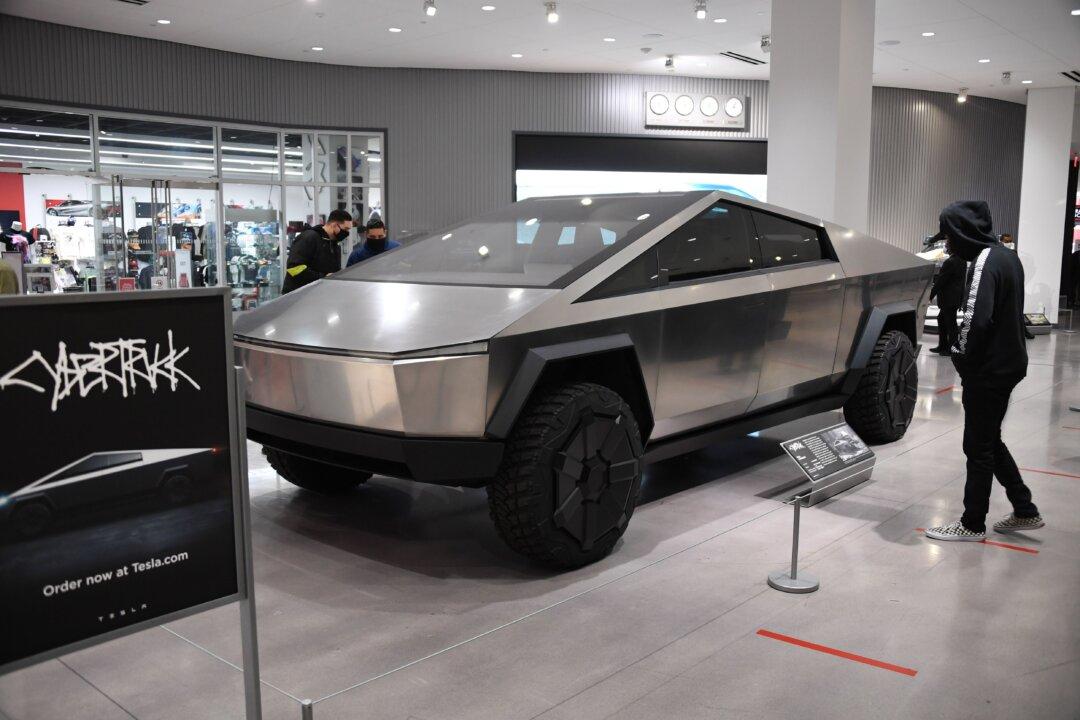Tesla Chief Executive Elon Musk on Monday lamented the ongoing supply chain difficulties facing the release of the company’s much-delayed Cybertruck and said he will share updates about the new electric vehicle when the company reports its 2021 earnings.
“Oh man, this year has been such a supply chain nightmare & it’s not over!” Musk said in a Twitter post. “I will provide an updated product roadmap on next earnings call,” he added.




